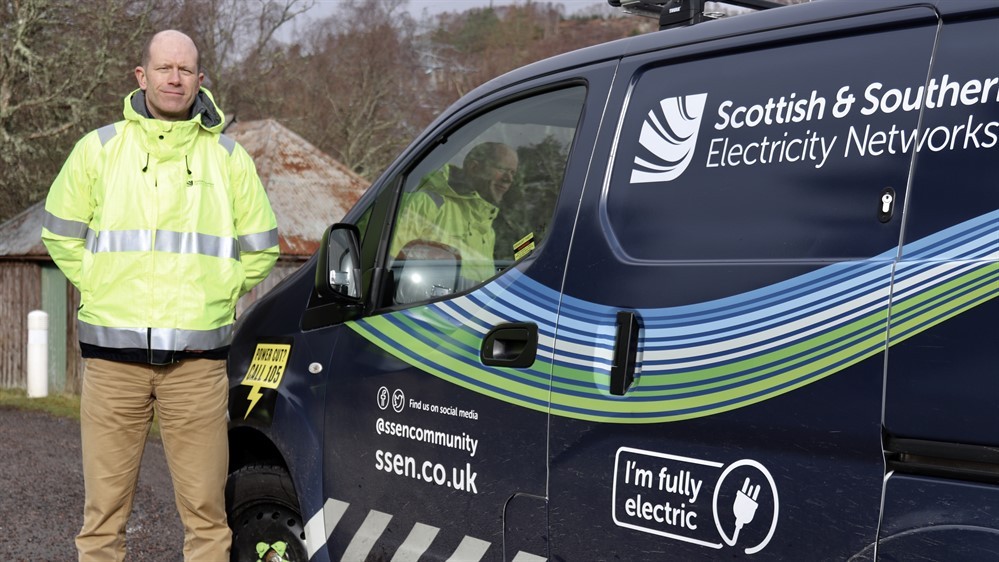SSE is increasing its fleet of electric vehicles (EVs) following its commitment to the EV100 scheme.
SSE Renewables and Scottish and Southern Electricity Networks (SSEN) have taken delivery of their first electric vans after committing to make EVs “the new normal” by 2030 as part of the EV100 initiative.
The vehicles are to be closely monitored to allow a better understanding of EV-specific factors, SSE said, including range anxiety for those whose job involves driving all day, the ease of home charging, the availability of rapid charge points and overall performance in challenging and remote conditions.
SSE confirmed to Current± that it is currently trialing how the vehicles should be charged, looking at home charging, public charging and depot charging to find out which method works best for which job.
This information will then be taken forwards, helping to inform further electrification.
SSE is currently targeting the electrification of 3,500 vehicles, and over 100 charge points installed across 20 of its main sites. It also has plans to continue this across more remote locations as the fleet increases.
Brian McLaren, SSE director of group change, said SSE’s teams are “hugely excited” about the technology and “very proud to be at the frontline” of the EV rollout.
“The vehicles will work in a wide variety of operational roles and conditions, from maintaining and supporting the electricity network across the south of England and north of Scotland, to the diverse and challenging environments of our Renewables teams on our hydro and onshore wind farm sites across the UK and Ireland,” McLaren said.
Other fleets that have committed to EV100 include Centrica and facilities management company Mitie, among others.
The government has also committed to “leading by example”, with a target of electrifying its road transport fleet by 2030, with 25% electrification targeted by 2022.





